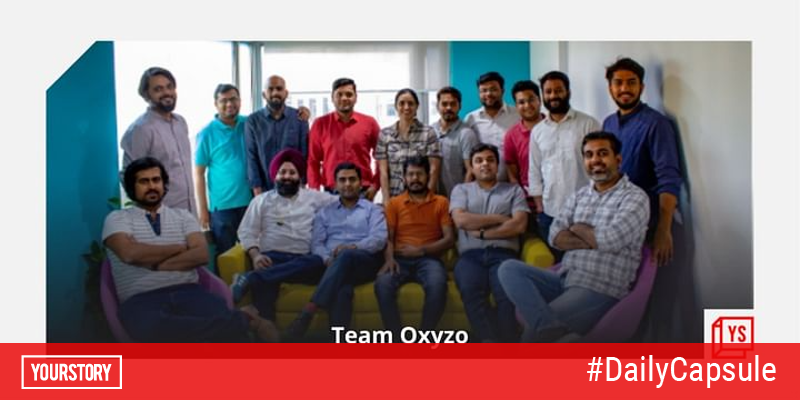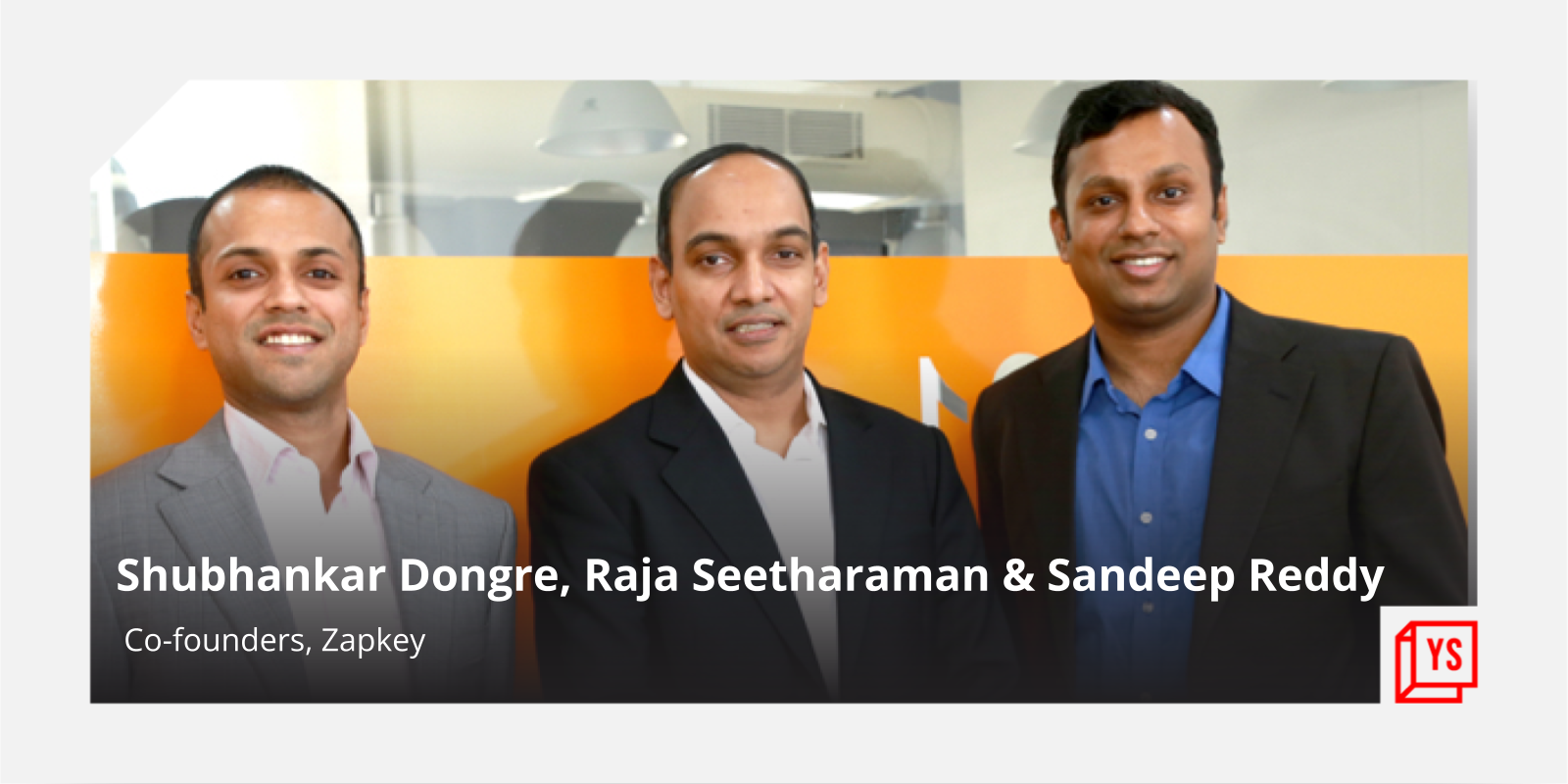It is important for a startup to act and execute like a mature company. In a world that is glamorising startups, why is this important? Are there any particular downsides to acting like a startup? Here is a take on why not being a startup might be a good thing.
“Voonik is no longer a startup. It’s a mature company and let’s act like that.” When I said this, it triggered a series of discussions and pushbacks. How will a company benefit by not being a startup? Am I encouraging bureaucracy and office politics? Will things move slowly now and will faster startups overtake us? How can Voonik talk about not being a startup when Jeff Bezos is talking about still being day one for Amazon?

The first aspect of not being a startup is about growth. According to venture capitalist Paul Graham, a startup is a company designed to grow fast. Every startup creates a culture and systems that foster growth. However, chasing growth blindly can only lead to a crash. Product managers will start compromising customer experience to improve conversion. Category managers will start promoting beautiful looking products that might look a lot different when delivered. Account managers will go after whales instead of nurturing upcoming accounts. Logistics managers will be recklessly adding PIN codes without worrying about the capabilities of the delivery partners. The sad part is that the same things that give growth in short-term will always hurt growth in long term. We will end up with low retention, bad economics and with being dependent on few suppliers. What we need is a high-quality growth that can be sustained over time. This requires a culture of patience than a culture of restless growth. Patience is a moat by itself.
The second aspect is about bets. A startup roadmap is always full of silver bullets. Startups try tens of things hoping some feature will make them the next Facebook. There is nothing that is too risky or technically not feasible. Startups have to try everything. They are satisfied only when they see the data that no one cares about the latest feature launch. Go big or go home.
Contrary to what startups think, a good roadmap is mostly consisting of lead bullets with one or two silver bullets. There should be conviction behind roadmap. The roadmap should lead you to where you want to go. Roadmap can’t be a hit or miss list of kitchen sink features. Every feature will need to be launched for a small set of users, groomed based on feedback, and launched to the wider audience in a careful and thoughtful manner. Iteration is key to startup roadmap and not bets.
The other aspect is process or lack of it. Being a startup is a ticket to be undisciplined and not to follow process. We don’t need heroic engineers who can fix any production issue; we need proper monitors and alarms. System downtime due to load is not a good problem to have. It doesn’t work that designers work at day and engineers code at night. Asking for status is not bureaucracy. QA is not optional. Anything that is not scalable and not repeatable is not useful. Anything that is repeatable should be a process with proper monitors and alarms. And a good plan is a pre-requisite for good execution.
Then there is the focus on outputs. In startups, everyone is chasing the output metrics such as GMV, DAU, MAU, revenue, gross margin, and what not. Since everyone in a startup has visibility into company metrics, they become concerned when output metrics not grow and start a vicious cycle of deploying all their efforts on keeping the output metric up and to the right. The reality is that most team members are clueless as to how to affect an output metric. By definition, output metric is outside their circle of influence. A good, confident team focusses on input metrics. You grow the selection, improve the quality, lower the price and you will see that GMV will automatically improve. Selection, quality and price are all within the influence of the team members, and the team can be rightfully made accountable for those.
Having said that, there is one grave danger in not being a startup, and that is the danger of stopping to dream. If we avoid that pitfall and still be dreamers and be nimble to external factors, we should be good. Patience, a roadmap of lead bullets, process, and focus on input metrics can do only good. If that doesn’t come under the definition of startup, then so be it. We will stop being a startup.
(Disclaimer: The views and opinions expressed in this article are those of the author and do not necessarily reflect the views of YourStory.)







![[Startup Bharat] Y Combinator-backed BeWell Digital is enabling the digital transformation of radiologists](https://images.yourstory.com/cs/2/40d66ae0f37111eb854989d40ab39087/ImagesFrames31-1648033042143.png)


